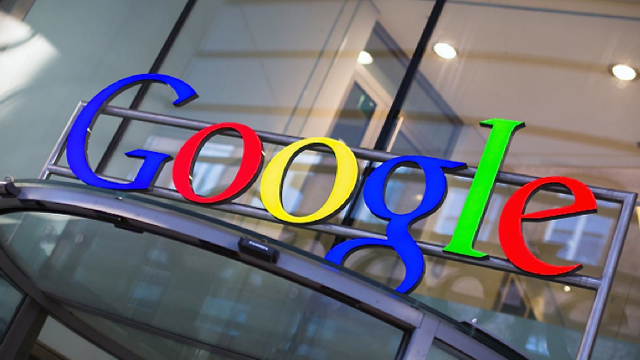Google engineers are working on Fuchsia, a project to create software that would replace Android. The new software is designed from the ground up to offer improved voice interactions, frequent security updates and “look the same” across multiple devices from laptops to IoT sensors. The move is in line with chief executive Sundar Pichai’s stated goal of integrating artificial intelligence with consumer products. Google first started posting Fuchsia code in 2016, and allowed some app developers to try out open source code.
Bloomberg reports that, “Google has also begun to experiment with applications for the system, such as interactive screen displays and voice commands for YouTube.” But, said sources, the company only recently verbalized the bigger picture: “a single operating system capable of running all the company’s in-house gadgets, like Pixel phones and smart speakers, as well as third-party devices that now rely on Android and another system called Chrome OS.”
The idea is that Fuchsia will initially be embedded in connected home devices in three years and then “move on to larger machines such as laptops,” ultimately replacing Android, which “powers more than three quarters of the world’s smartphones.”
Reportedly, Pichai and his deputy Hiroshi Lockheimer, who runs Android and Chrome, have not yet greenlit the Fuchsia road map, most likely due to the fact that Android “supports dozens of hardware partners [among them Samsung, LG and Huawei], thousands of developers — and billions of mobile-ad dollars.”
Then there are the regulatory issues: “European regulators on Wednesday levied a record $5 billion antitrust fine against the company for using the mobile software to spread its services.” Inside the company, said sources, there are “some internecine squabbles over how it should be designed and deployed, particularly when it comes to privacy features.”
Another risk posed by Fuchsia is that it no longer relies on the “Linux kernel,” but Zircon, which could make some existing devices incompatible. But moving from the Oracle-distributed Linux kernel would benefit Google, which is embroiled in a lawsuit over use of Oracle’s Java; “shifting away from using Linux would help Google’s legal case that its software isn’t reliant on Oracle.”
Bloomberg said Fuchsia would help Google compete better with Apple iPhones, because the latter’s operating system “has a leg up in areas like performance, privacy and security, and integration across Apple devices.”


No Comments Yet
You can be the first to comment!
Sorry, comments for this entry are closed at this time.